Knee prosthesis surgery is a well-being procedure that allows individuals to recover from various joint pathologies, improving the quality of life for those affected.
It aims to restore the ability to walk and lead an active life without pain.
The knee is a crucial joint that bears a significant portion of the body weight and is susceptible to osteoarthritis, a common degenerative condition caused by the thinning and destruction of cartilage.
When you struggle with even simple movements, and conservative treatments provide limited benefits, knee prosthesis surgery is the only safe and long-lasting solution.
It is an effective procedure that restores joint mobility, alleviates pain, corrects limb deformities, and enables a return to daily activities.
In this article, you will find answers to some frequently asked questions about knee prosthesis:
- Duration of knee prosthesis surgery;
- What will the scar be like after the prosthesis?
- How much does knee surgery cost?
- Rehabilitation after prosthesis surgery.
1. Duration of Knee Prosthesis Surgery
The initial warning signs of irreparably damaged joints include swelling, limited joint mobility, and constant pain, especially during the night in severe cases.
Surgical intervention can take two forms: total knee prosthesis or partial knee prosthesis, also known as unicompartmental.
If you have widespread arthritis or autoimmune diseases, total knee prosthesis is recommended. If arthritis has only affected a portion of the knee, partial prosthesis may be suitable.
In the first case, the entire surface is covered by the prosthesis; in the second case, only the damaged part is replaced, leaving the rest unaffected.
Only a specialist can determine the suitable prosthesis type based on the degree of arthritis, age, activity level, and bone quality.
How long does knee prosthesis surgery last?
Dr. Vanni Strigelli focuses on ensuring safety and well-being during the surgical procedure.
The surgery begins with anesthesia administration. The safest and most commonly used is spinal anesthesia, a single injection in the lower part of the spinal column with an ultra-thin needle, combined with sedation if the patient prefers to sleep.
Spinal anesthesia is painless, reduces the risk of venous thrombosis and bleeding, and improves pain control in the immediate postoperative period.
Subsequently, the patient is positioned on the operating table, the limb is disinfected, and sterile sheets are placed to define the surgical area.
The surgical incision is made in front of the knee to access the joint, and the damaged parts are removed and replaced with prosthetic components.
The surgery concludes with testing the new joint and closing the incision.
The duration of the surgery is about 1 hour for total prosthesis, 40 minutes for partial prosthesis, or 90 minutes for revision.
Patients often perceive a longer duration because, before the operative part, the surgical team and anesthetist perform crucial patient recognition and safety procedures, in addition to administering pain control medications.
From the moment the patient leaves the ward to the time of return, approximately 2-3 hours pass. Finally, the awakening phase may vary in duration.
Overall, you stay in the healthcare facility for about 3-4 days.
Will revision surgery be necessary?
Usually not, given the advancements in modern materials and the evolved designs of current prosthetics.
If implanted correctly, prosthetics last more than 20 years in 90% of patients and over 25 years in 80% of patients.
However, the longevity of an artificial joint varies from patient to patient.
Typically, knee prostheses are fixed to the bone with cement, ensuring a solid anchor with a long lifespan; in young patients with good bone quality, non-cemented prostheses that integrate with the bone can be implanted.
Read this article on surgery duration if you have further questions.
2. What Will the Scar Be Like After the Prosthesis?
The concept of knee prosthesis used by Dr. Vanni Strigelli, a minimally invasive approach, aims for both aesthetic advantages and reduced surgical trauma for faster recovery.
This isn’t just about the length of the surgical wound or the number of stitches; a minimally invasive technique saves healthy tissues, including muscles and ligaments, whenever possible.
To achieve its maximum potential, it must be combined with modern pain therapy and rehabilitation protocols: only then can there be less pain, less bleeding, and rapid recovery.
It’s a comprehensive management procedure designed to provide a better overall experience for the patient.
Before the surgery, both education and physical preparation are provided to limit the inevitable loss of muscle mass after any surgical procedure.
Compared to traditional surgery, minimally invasive procedures offer several advantages that expedite and maximize your recovery.
Specifically, they reduce:
- Surgery, hospital stay, rehabilitation, and recovery times through Rapid Recovery;
- The incision;
- Healing time using glue;
- Bleeding during and after surgery;
- Trauma;
- Postoperative complications.
How noticeable is the scar after knee prosthesis surgery?
The aesthetic result also depends on the patient’s characteristics, but modern suture techniques ensure good aesthetic results and, more importantly, secure tissue healing.
Dr. Vanni Strigelli uses the minimally invasive technique with evident aesthetic benefits.
The scar is less visible due to the reduced incision and, even less noticeable, thanks to the closure of the surgical wound with glue rather than metallic stitches.
By replacing stitches with glue, a resilient, elastic, and impermeable film is formed, preventing common bacteria from penetrating the skin.
The incision for the surgery is made on the front surface of the knee, longitudinal in shape; its length varies depending on the type of surgery and the size of the limb, but usually, it’s about 10-15 cm.
This ensures better and faster skin healing.
Visit this page if you want to delve into scar appearance after knee prosthesis.
3. How Much Does Knee Surgery Cost?
As mentioned, surgical intervention can take two forms: total prosthesis surgery or partial or unicompartmental prosthesis surgery.
Both procedures can be done privately, through health insurance, or via the national health system (NHS).
If you choose to operate under the national health system, you are placed on a waiting list that allows access to surgery without expenses.
The surgery can be performed in a public hospital or at a private clinic affiliated with the public health system or at a non-affiliated private clinic.
Recovery times after knee prosthesis surgery
Surgery and rehabilitation can be carried out at the expense of the NHS, for free, at Valdisieve Hospital, where Dr. Vanni Strigelli, head of the Orthopedic Surgery Department, both consults and operates, both privately and under NHS affiliation.
Waiting times vary, but usually fall within 2-4 months for NHS-affiliated surgeries and between 10 and 20 days for private surgeries or those covered by health insurance.
There are various solutions for guidance during the recovery after knee prosthesis surgery:
- In the healthcare facility where the surgery was performed;
- From a physiotherapist;
- At home;
- Using the MyMobility application, designed to guide you through the pre- and postoperative process, which can be combined with traditional physiotherapy.
In general, you will be:
- Ambulatory independently, generally with the aid of crutches in 0-1 days;
- Independent in daily life activities in 1-5 days;
- Able to walk without crutches (depending on the case) between 10 days and 1 month;
- Able to drive a car in 2-4 weeks.
Read this article if you need more information about surgery costs.
4. Rehabilitation after Prosthetic Surgery
Rehabilitation after knee prosthesis surgery is crucial because it allows you to:
- Recover independence quickly;
- Control pain;
- Prevent immobilization complications: thrombophlebitis, pulmonary embolism, pressure sores, stiffness;
- Achieve adequate knee mobility;
- Strengthen muscles;
- Restore joint mobility;
- Return to normal life confidently.
This is why the earlier you start rehabilitation for correct movements, the better the rehabilitation results will be.
Recovery times, thanks to the Rapid Recovery approach, are much faster than traditional prosthetic surgery.
After surgery, you can stand up within a few hours and start rehabilitation immediately, walking and moving with the help of physiotherapists.
In the early hours, you are shown how to sit, lie down, educated on crutch use, and provided with rehabilitation exercises for knee prosthesis, designed to maintain joint mobility and extension and preserve muscle strength and tone.
Exercises can be categorized into two major groups:
- The first is focused on maintaining joint functionality, including mobility and joint exercises along with simple and easily performable muscle strengthening exercises.
- The second is centered on the recovery of proper walking and proprioception management: how to use crutches, how to ascend and descend stairs with the operated knee, and suggestions on overcoming potential difficulties.
If you choose to use MyMobility, you have the convenience of a gymnastics program delivered via smartphone, tablet, or computer.
Through the app, you can directly access videos with rehabilitation exercises and communicate with the doctor by sending text, video, or image messages.
How long does rehabilitation after knee prosthesis surgery and each session last?
Rehabilitation after knee prosthetic surgery lasts about 8 weeks with 15-20 postoperative outpatient sessions, although sometimes a lower number of meetings may be sufficient for complete healing.
After surgery, the “new joint” functions perfectly right away, but the soft tissues around it need time to heal perfectly.
The duration of each session is typically about an hour and depends on the individualized rehabilitation program established.
If you want more information on knee prosthesis surgery, consult Dr. Vanni Strigelli.


